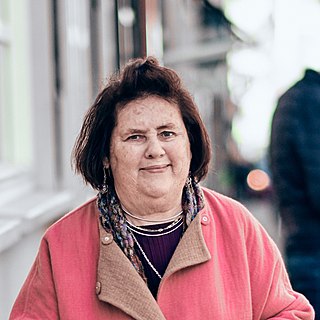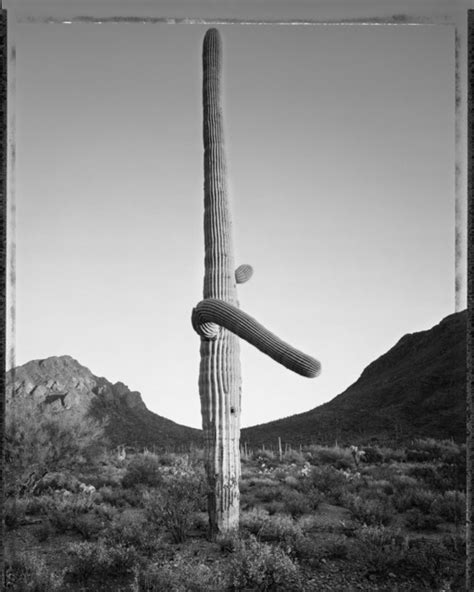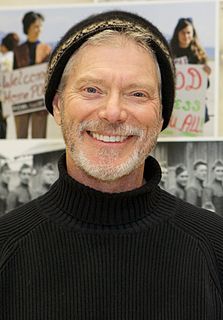A Quote by Jonathan Anderson
You always need a textural landscape. I think that's what fashion is about, and I think when you come to a brand and you're trying to re-instill its history, the history only comes through being personal.
Related Quotes
There are some designers who flash and burn - Courreges is an example of that. But he still marked fashion history. And I don't think that longevity is always a badge of honor. Modern brand management means that we are always celebrating birthdays, when what is exciting about fashion is innovation, not repetition.
I see a lot of people dressing very similarly, and I see brands being cool because of their name and because of who wears the brands, but that's always been the case. That's kind of the history of fashion. You know, celebrities wear their clothes and people think these celebrities are cool, and then the clothes become valuable. It gives clothes a commodity factor once a certain individual starts wearing that brand. But do I think there's something wrong? I think what's wrong with the fashion world, particularly men's fashion, is the lack of creativity behind it.
I am opposing it with an idea of the history of philosophy as a history of philosophers, that is, a history of mortal, fragile and limited creatures like you and I. I am against the idea of clean, clearly distinct epochs in the history of philosophy or indeed in anything else. I think that history is always messy, contingent, plural and material. I am against the constant revenge of idealism in how we think about history.
I think fashion is probably one of the most accessible and immediate forms of visual culture. In 1978, when I realized that I wanted to work on fashion, I had gone to Yale to get my Ph.D. in European cultural history. I suddenly realized fashion's part of culture, and I can do fashion history. All my professors thought this was a really bad idea, that fashion was frivolous and unimportant. And, increasingly over time, people have recognized that it provides such a mirror to the way we think, our values and attitudes.
The history behind the Garden and all the players that have come through and played on that court in the Garden, I think that the history is the reason why it still is, in my mind, the mecca of basketball. It definitely draws me in. That's the thing about New York; that's a big thing about the history, and the Garden is a big part of that.
So much of what we know, and what we think we know, about the land has first passed through someone's lens. The interesting thing is to make use of this history, not merely to be absorbed into it. For me, landscape photographs begin as the artifacts of personal moments. They get interesting when they become cultural commentary.
I have to throw in on a personal note that I didn't like history when I was in high school. I didn't study history when I was in college, none at all, and only started to do graduate study when my children were going to graduate school. What first intrigued me was this desire to understand my family and put it in the context of American history. That makes history so appealing and so central to what I am trying to do.
I love telling stories. I think of myself as a storyteller, and I don't feel bound by being just a singer or an actress. First, I'm a storyteller, and history is stories - the most compelling stories. There is a lot you can find out about yourself through knowing about history. I have always been attracted to things that are old. I have just always found such things interesting and compelling.
I'm a historian by training and by conviction. And so the thing that has throughout informed my thinking about international relations is history. I think, for example, the reason that I was perhaps able to see sooner than some others that the Soviet Empire in Eastern Europe was decaying--if not disintegrating--was that I came to it through history and through Germany, rather than through Sovietology and through Moscow. And therefore the starting point was that no empire in history has lasted forever, and this one won't either.








































